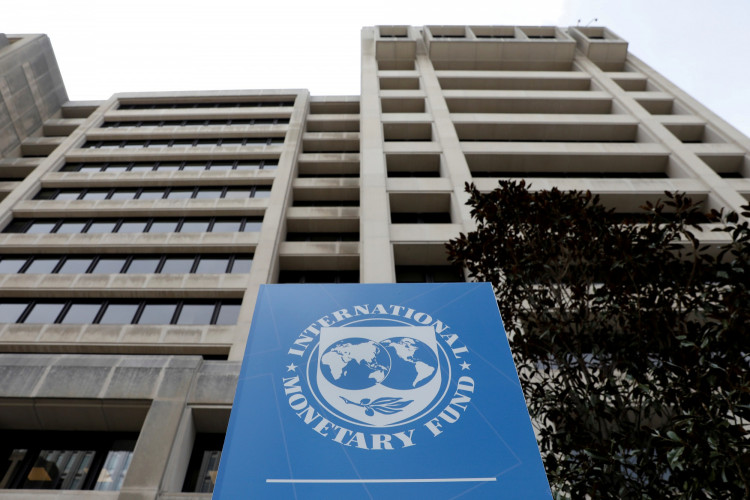The International Monetary Fund projects that the global economy will contract by at least 3 percent this year as a direct effect of the coronavirus pandemic. The international trade facilitator made the announcement on Tuesday, adding that the economic backlash of the pandemic will likely have a much more dramatic effect when compared to the 2008 financial crisis.
The IMF's latest forecast is slightly better than its initial forecast by about 6.3 percent, which it had announced back in January. It did disclaim that the outlook could be better if the pandemic is placed under control before the second half of the year. If this is achieved, the IMP predicts that the global economy could experience a growth of around 5.8 percent next year.
According to its latest World Economic Outlook report, the United States will experience the worst contraction. The report forecasts that the US economy could shrink by 5.9 percent this year, its worst contraction since 1946.
The US is currently the new epicenter of the coronavirus pandemic, with over 600,000 confirmed cases and over 26,000 casualties. Right behind the US is Japan, whose economy is projected to contract by around 5.2 percent this year. If proven true, the contraction will be the country's worst downturn since 2009.
The forecast made by the IMF is a grim reminder of the worsening toll of the pandemic on economies worldwide. As the virus continues to spread, governments and companies have now been forced to shut down operations and impose strict restrictions to mitigate infections. This has, in turn, resulted in business shutdowns, canceled events, and postponed transactions.
The IMF warned that the economic effects of the pandemic in unlike anything ever seen before and will likely be greater in magnitude compared to the Great Depression in the 1930s. It added that there is still "extreme uncertainty" in the outcome, which will be greatly dependent on the global response to the crisis.
If extreme measures and control are not immediately taken the risk of a worst-case scenario is still possible. The IMF predicts that the disruptions in economic activity could worsen in the coming months and likely peak in June or July. This will particularly be true for most countries except China.
The agency pointed out that China is slowly reopening its businesses and signs of the pandemic are receding in the region. However, even with a sharp rebound, the IMF forecast that China will have a modest amount of growth this year, hovering around 1.2 percent for 2020.






